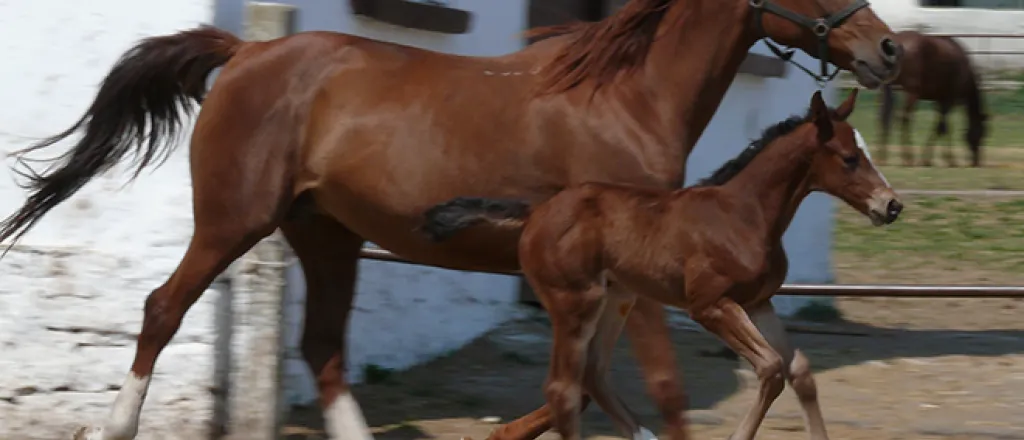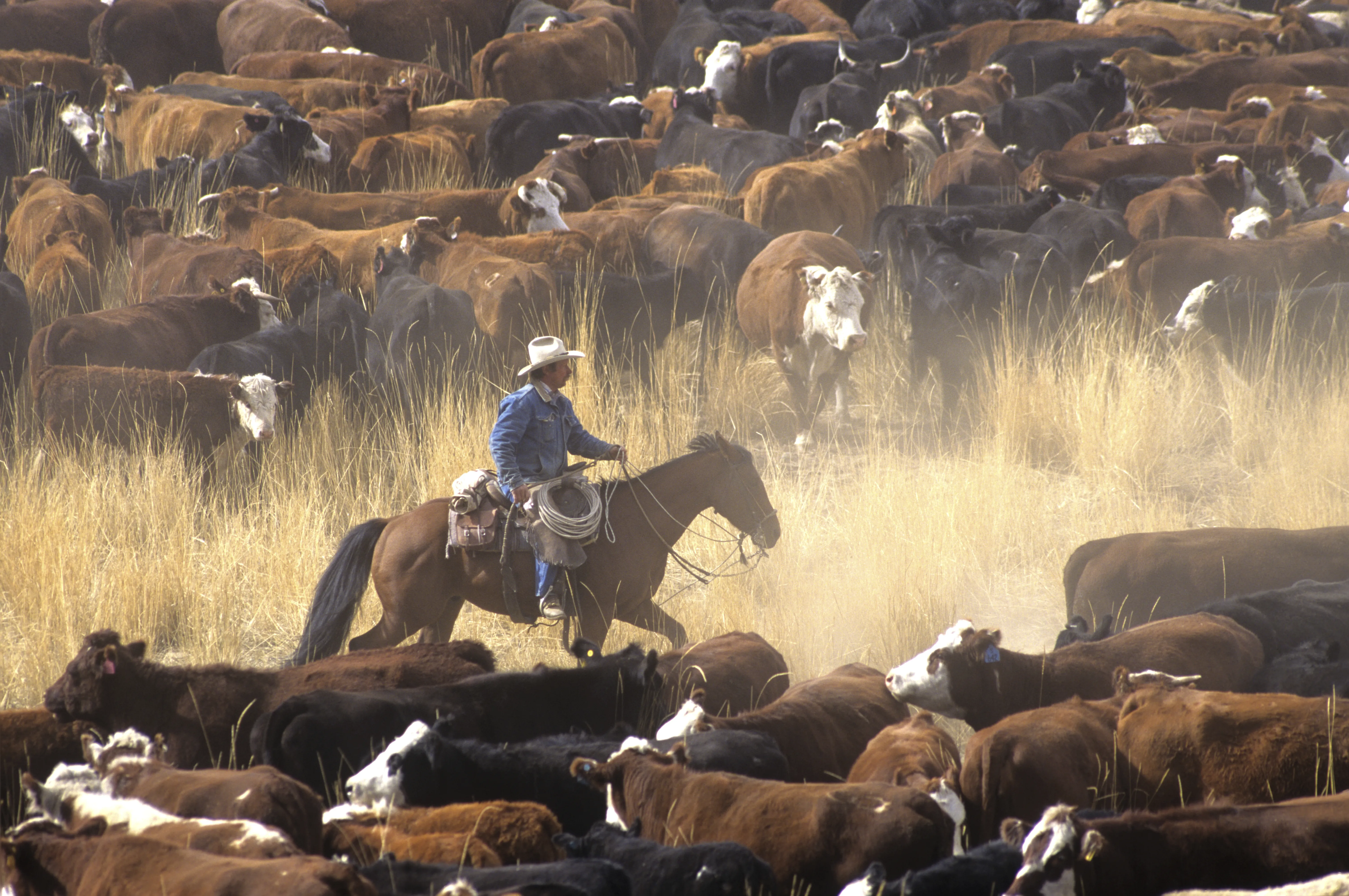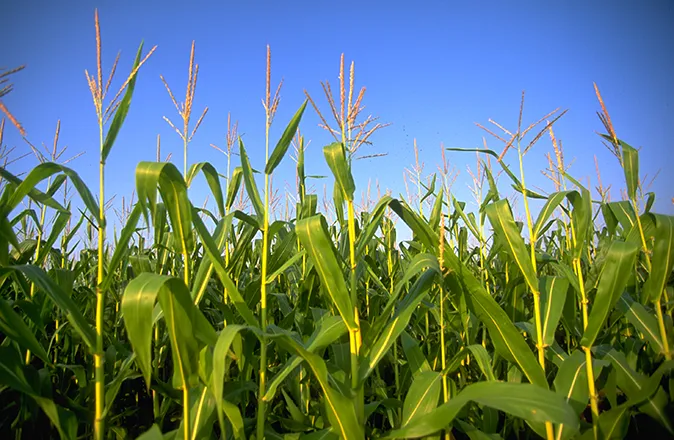
Second EIA-positive horse identified in Colorado – unrelated to August case
Friday, the Colorado Department of Agriculture’s, State Veterinarian’s Office, was notified that a second Colorado horse has tested positive for Equine Infectious Anemia (EIA). While both horses reside in Weld County, the two cases are unrelated.
“While the investigation is in its initial stages, it is clear the affected horse is unrelated to horses, locations or movements to the previous case in 2018. The affected horse and other horses on the second Weld County property are subject to a quarantine, which restricts movement of any horses on or off the property. The remaining horses on the facility will be observed, tested and then retested in 60 days,” said State Veterinarian, Dr. Keith Roehr. “It is important to note that the risk of disease transmission to other horses in Colorado at this time is low, due to the fact that there are not any horses housed on adjacent properties, which also lowers the risk of biting horse flies in the area.”
The positive test was conducted by CDA's Rocky Mountain Regional Animal Health Laboratory. EIA information is available at http://www.cfsph.iastate.edu/Factsheets/pdfs/equine_infectious_anemia.pdf.
FAQs about Equine Infectious Anemia
What is Equine Infectious Anemia?
Equine Infectious Anemia is a viral disease spread by bloodsucking insects, inappropriate use of needles, or other equipment used between susceptible equine animals such as horses, mules and donkeys. Horses may not appear to have any symptoms of the disease, although it also can cause high fever, weakness, weight loss, an enlarged spleen, anemia, weak pulse and even death.
How is it spread?
It is spread most commonly through blood by biting flies such as horse flies and deer flies. It is important for horse owners use fly control methods to reduce disease transmission for EIA and other equine viruses.
What happens to an infected horse?
There is no cure for the disease, so infected animals must be quarantined for life or euthanized.
Is there a danger to people?
No. The disease can only be spread to horses, mules and donkeys.
Is the disease common?
No. There has only been a small number of cases in the United States, although the disease exists in other parts of the world. A map of cases from the year 2015 is available at https://www.aphis.usda.gov/aphis/ourfocus/animalhealth/animal-disease-information/horse-disease-information/equine-infectious-anemia/ct_eia_distribution_maps.
How is the disease controlled?
Equine Infectious Anemia is a disease for which horses must be tested annually before they can be transported across state lines. The test for EIA is commonly called a Coggins Test. The horse at Arapahoe Park last tested negative in May of 2015.

















